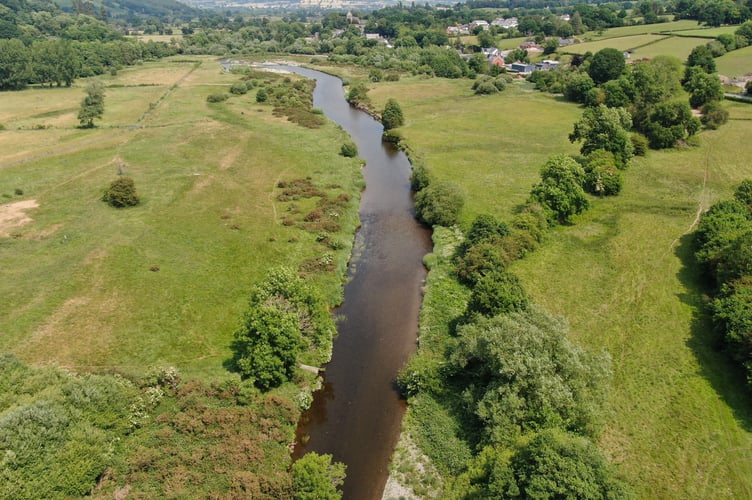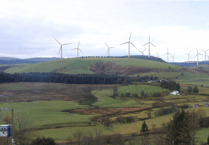Natural Resources Wales (NRW) is to restore the natural gravel beds of the Severn River to support the return of the endangered salmon population.
The wildlife of the Severn has suffered from the river being historically straightened and dredged.
Changing the nature of the banks and removing sediment degraded water quality and removed the natural environment for salmon to lay their eggs on river gravel beds, as well as changing the environment for the native otters, dippers and dragonflies.

To re-establish the once-thriving wildlife of the river, NRW has made plans to encourage additional river channels to the main flow of the Severn by installing large pieces of wood.
Dr Suzanne Hearn, freshwater ecosystems and fisheries management team leader at NRW, said: “The River Severn is the longest river in Great Britain, but straightening and dredging has reduced the Llandinam area of gravel.
“Habitat loss is becoming increasingly challenging for many threatened species, including the iconic Salmon which relies on river gravel beds to lay eggs.
“Our ambitious river restoration programme aims to restore natural riverine features and processes to help reverse declining trends in biodiversity.”
To learn more about the project attend the public drop-in session on 9 September 2-7pm at Llandinam Village Hall.




